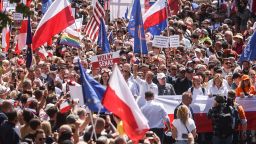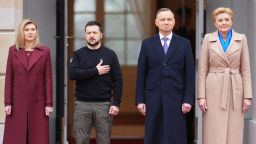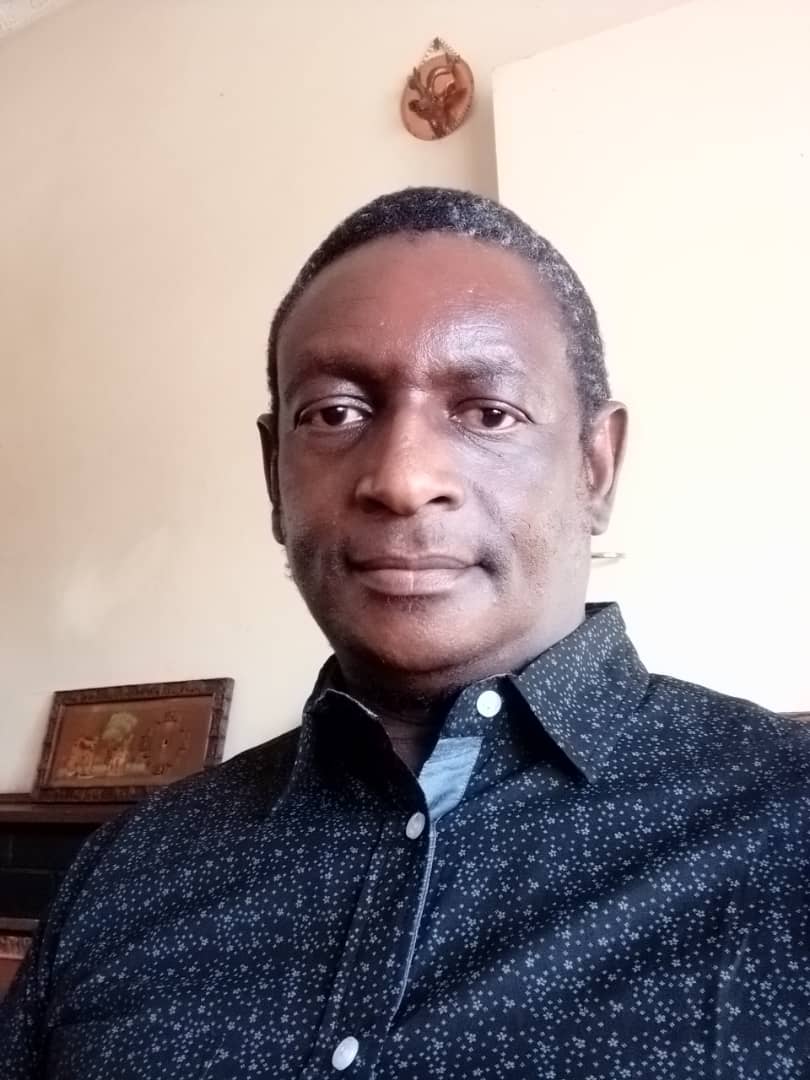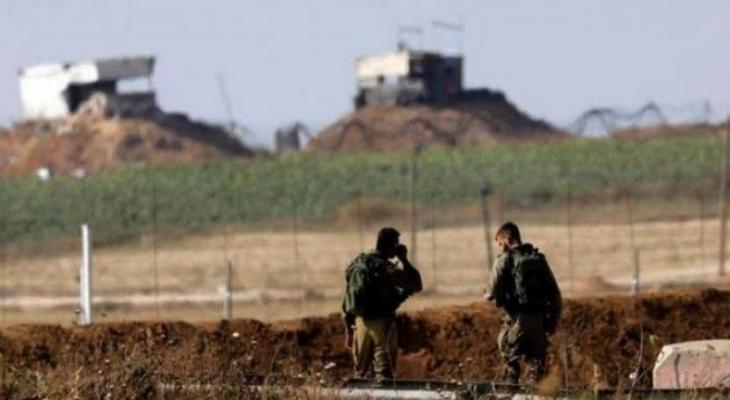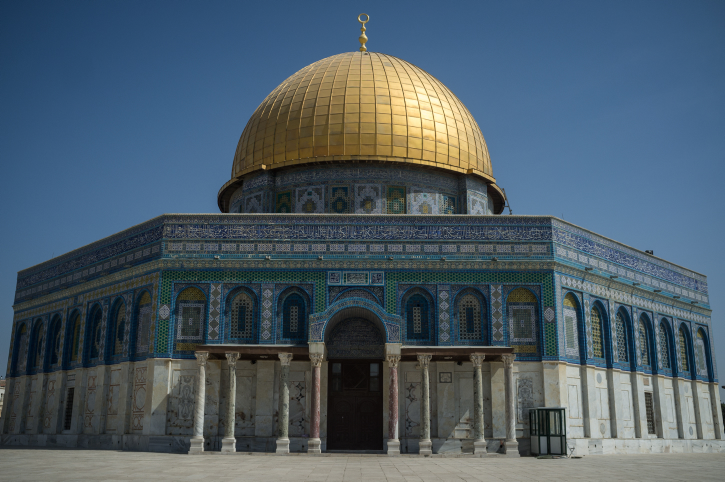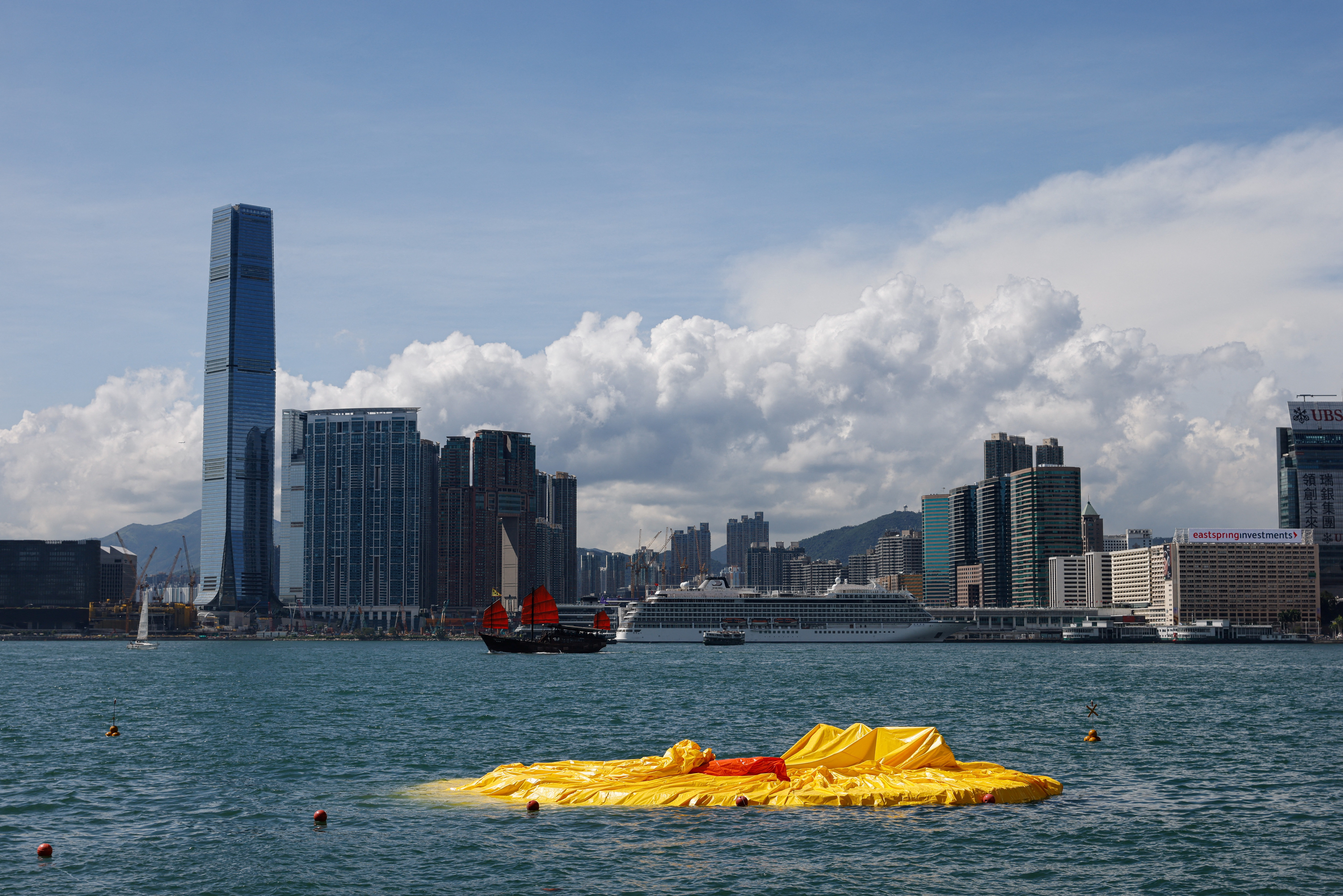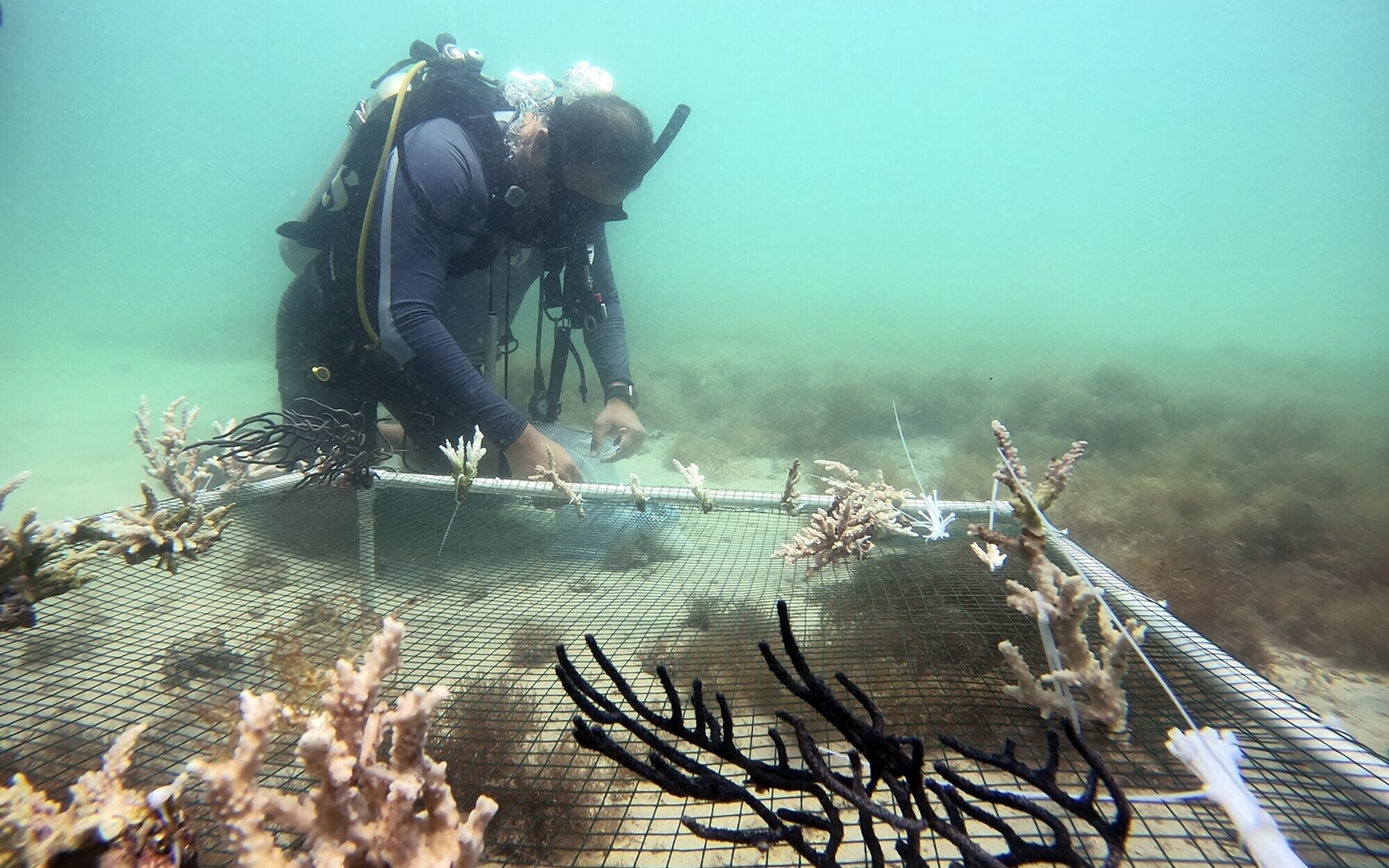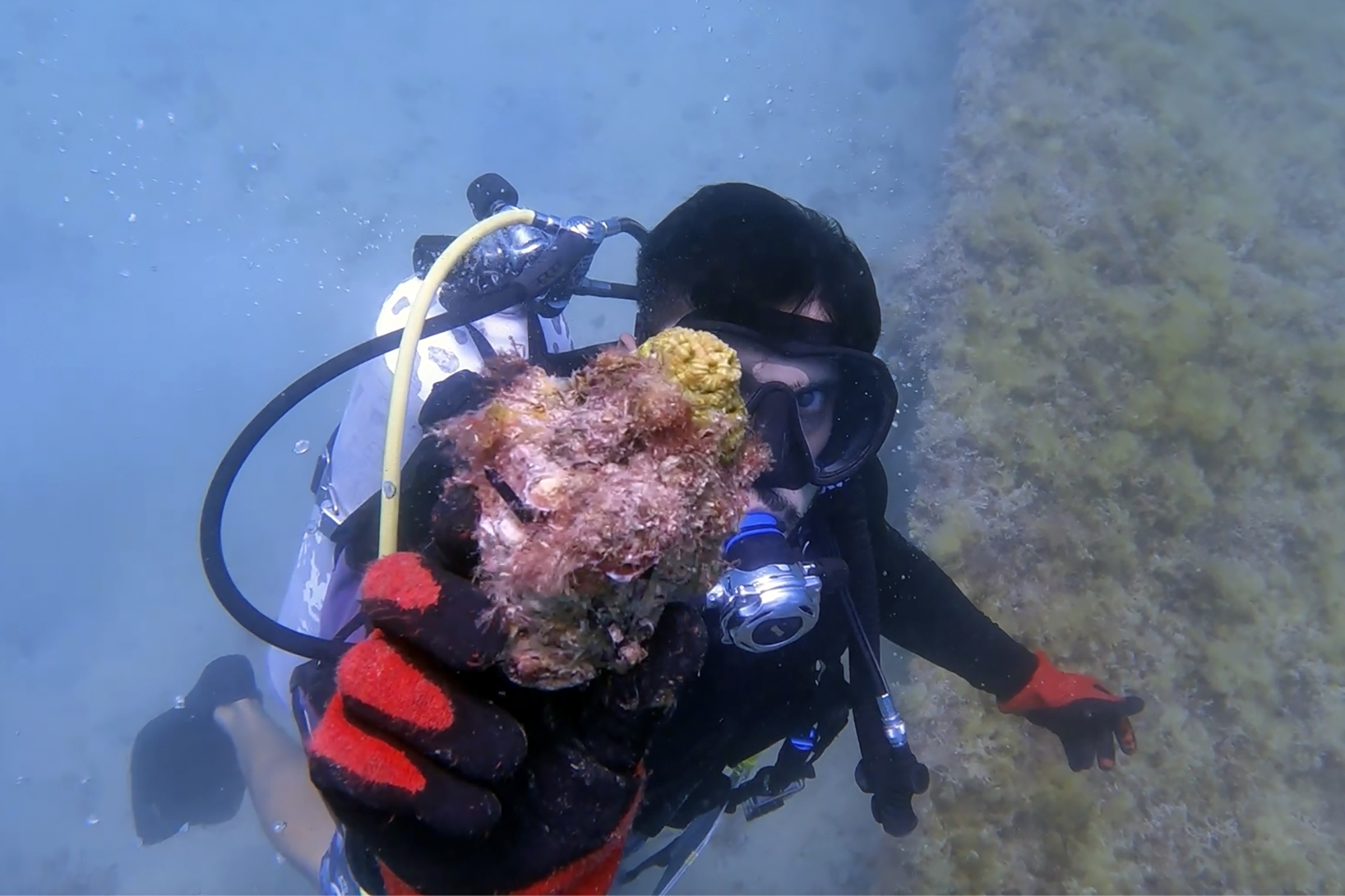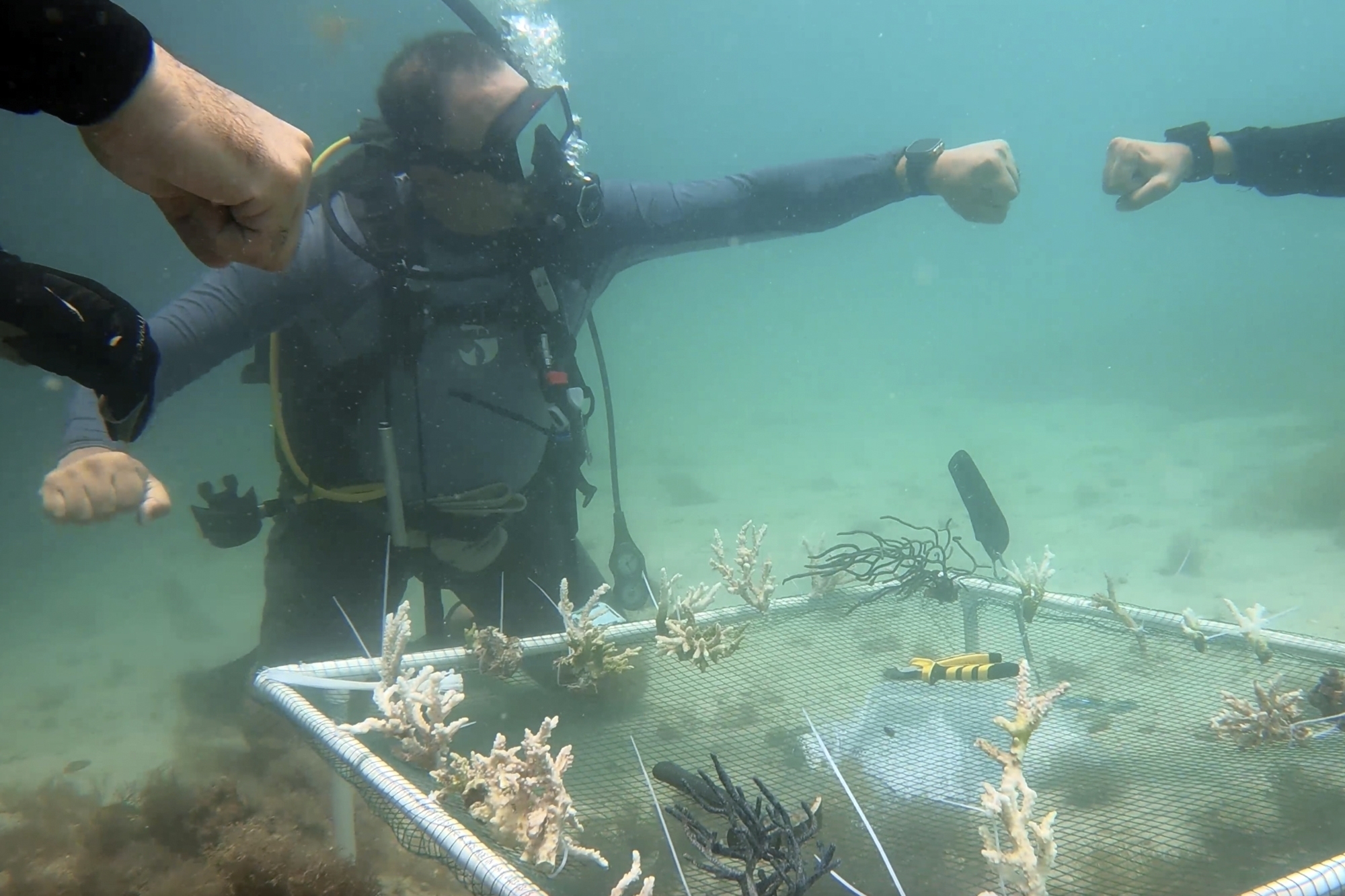French shoppers promised lower prices as food industry threatened with sanctions
France's biggest food industry players have pledged to cut prices on hundreds of products starting next month, French Finance Minister Bruno Le Maire has announced, adding they would be at risk of financial sanctions if they broke that promise.Issued on: 10/06/2023 -
Le Maire's announcement on Friday comes amid a Europe-wide drive to restore consumers' purchasing power following a year of record inflation, price hikes and soaring fuel costs.
Speaking on BFMTV, Le Maire said: "I'm telling the French that, as soon as July, prices of certain products will go down. And there will be checks and there we will be sanctions for those who don't abide by the rules."
He mentioned pasta, poultry and oil as some of the products on which prices will be cut.
The announcement comes a day after meeting with 75 companies that produce and sell 80 percent of the groceries bought in France.
"I will have the list of those hundreds of products concerned next week," Le Maire added, warning that if food companies did no stick to their pledge, he would "disclose [their names] to the public".
"On a certain number of products where wholesale prices have fallen, then the [retail] prices will have to fall too – by 2, 3, 5, maybe even 10 percent," he said.
Taming inflation
French inflation cooled more than expected in May to its lowest level in a year, at 6 percent, as energy and food price increases moderated.
But those food prices still were up 14 percent last month after a record spike of almost 16 percent in March.
Le Maire has been urging food retailers and manufacturers to cut their prices to help French households cope with a cost-of-living crisis for months.
Last week, Hungarian Prime Minister Viktor Orban imposed mandatory price cuts on some basic food items by large retailers as his nationalist government tries to tame the European Union's highest inflation rate from levels exceeding 20 percent.
Europeans living standards in decline
According to the results of an official survey released earlier this week, more than half the 26,000 respondents questioned across the EU "see their own standard of living in decline and expect it to decrease even further".
The Eurobarometer survey noted that some 65 percent were unsatisfied with what their national governments were doing to tackle the crisis, and 57 percent were not happy with what the EU was doing.
When presenting the findings, European Parliament campaign director Philipp Schulmeister acknowleged: "All that weighs indeed heavily on people."
"Citizens see very quickly how much they have left in their purse at the end of the month," he said, adding that there was nonetheless "optimism" in the data that the European Union will be able to deliver.
In France, 74 percent were not happy with the way their government has handled the cost-of-living crisis, while in Germany 59 percent were dissatisfied.
